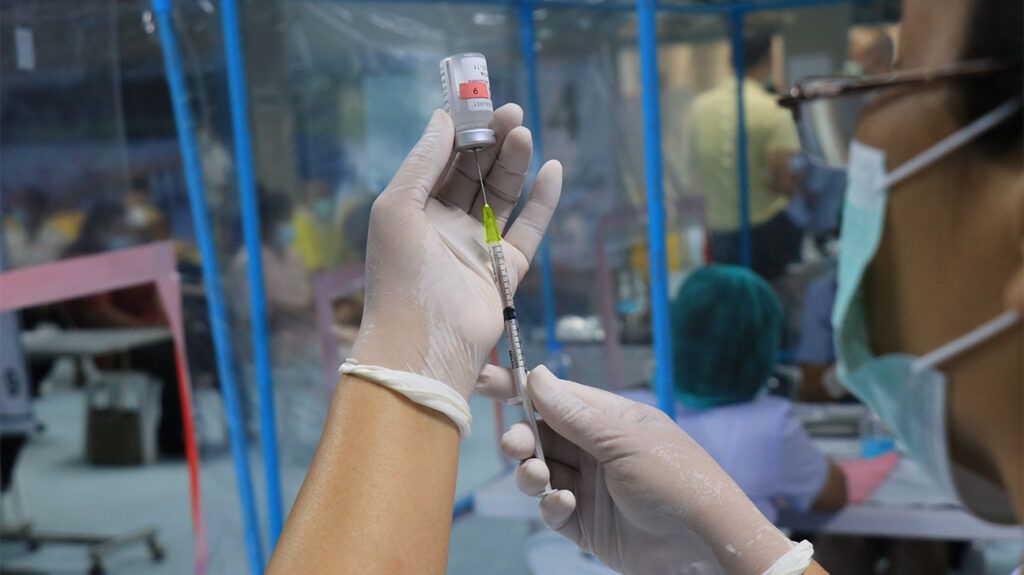Updates to COVID-19 Vaccination Guidelines: Essential Questions Explored

Explore the latest changes in COVID-19 vaccination guidelines in 2025, including impacts on pregnant people and children, and expert insights on public health implications.
Changes to COVID-19 Vaccine Guidelines: 4 Key Questions Answered

Recent alterations in COVID-19 vaccination recommendations in the U.S. have raised important questions. On May 27, 2025, Health Secretary Robert F. Kennedy Jr. announced that the CDC no longer recommends COVID-19 vaccines for pregnant individuals and healthy children, focusing instead on older adults and high-risk groups. These changes, amidst emerging variants like NB.1.8.1, have prompted critical discussions among experts.
How do the new guidelines impact pregnant people?
The reduction in vaccination recommendations for pregnant individuals raises concern about increased pregnancy complications, as COVID-19 poses risks such as severe illness, preterm birth, and perinatal mortality. Experts emphasize that vaccination remains vital for pregnant people, as they are inherently at higher risk due to their immunocompromised state.
How do these changes affect children?
While healthy children may face a lower risk of severe COVID-19, the elimination of universal vaccination could leave some vulnerable to conditions like multisystem inflammatory syndrome in children (MIS-C) and other complications. The American Academy of Pediatrics continues to endorse vaccination for children 6 months and older, especially those with underlying health issues.
Public health implications
The new guidelines suggest a shift in risk assessment, potentially increasing disease burden among vulnerable populations. Experts advocate for targeted vaccination approaches, especially for pregnant women and high-risk children, rather than broad recommendations.
Can unvaccinated pregnant women and children still access vaccines?
Yes. Vaccines may still be available through private healthcare providers or off-label use, depending on regulatory policies. However, public health supply and coverage might be limited as official recommendations change.
Expert opinions:
- Dr. Daniel Ganjian stresses that withholding vaccines from pregnant women might increase health risks.
- Dr. Monica Gandhi underscores the importance of booster shots for immunocompromised pregnant women and discusses ethical concerns about new vaccine trials.
In summary, while vaccination guidelines have become more selective, targeted vaccination remains crucial for vulnerable groups to control COVID-19 effectively.
Learn more about COVID-19 vaccination updates and how they affect vulnerable populations.
Stay Updated with Mia's Feed
Get the latest health & wellness insights delivered straight to your inbox.
Related Articles
Shared Brain Responses to Colors Revealed in New Neuroscience Study
A groundbreaking study reveals that humans share common neural responses to colors, demonstrating shared brain representations across individuals and advancing our understanding of sensory processing.
New Study Confirms Effectiveness of Updated COVID-19 Vaccines in Preventing Severe Illness and Death
New research confirms that the 2023–2024 updated COVID-19 vaccines significantly reduce severe illness, hospitalization, and death, especially among high-risk adults, highlighting the importance of booster doses amid virus evolution.
Innovative Wearable Device Harnesses Ambient Light for Continuous 24-Hour Health Monitoring
A novel wearable device leveraging ambient light can provide continuous 24-hour health monitoring, combining innovative energy harvesting technologies for improved efficiency.



